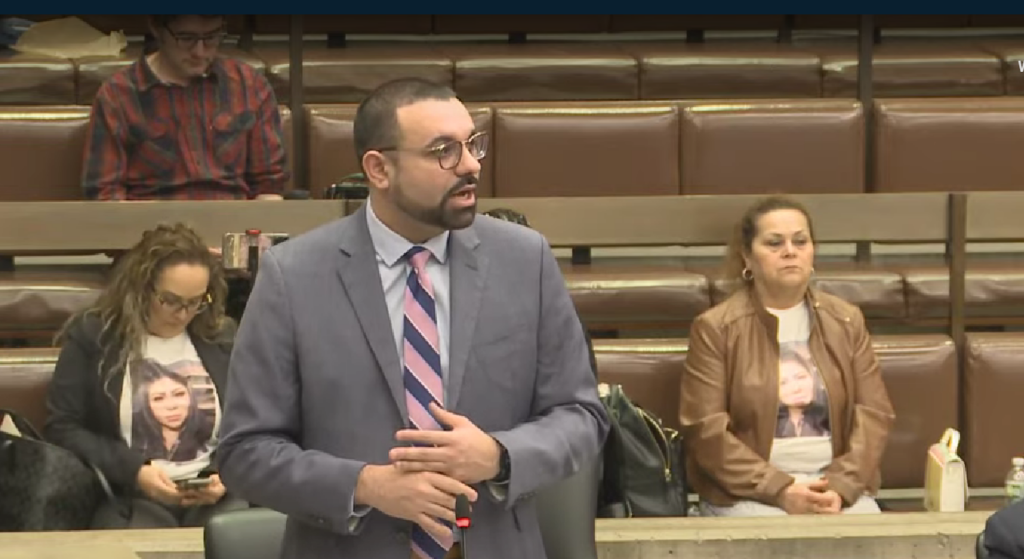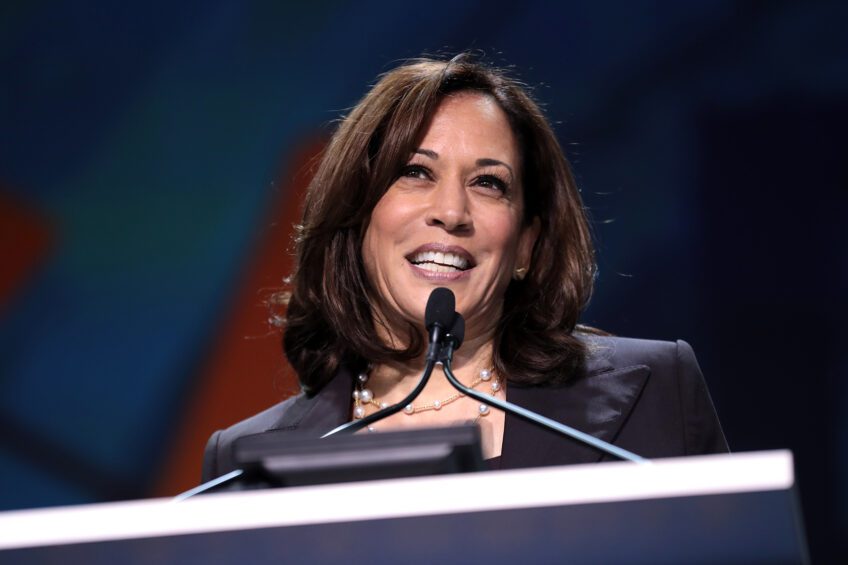
The Boston City Council on March 8 passed Mayor Michelle Wu’s rent stabilization proposal 11-2, with District 3 Councilor Frank Baker and at-large Councilor Erin Murphy voting “no.”
Wu’s home rule petition, which includes various exemptions including for new residential construction and owner-occupant landlords, would cap annual rent hikes on applicable units at 6% plus the annual consumer price index, which measures inflation — up to a total allowable increase of 10%. The petition also includes various other tenant protections, including a prohibition against so-called no-fault evictions.
Having passed the Council, the measure now goes to Beacon Hill to be taken up by the state Legislature.
District 6 City Councilor Ricardo Arroyo, who as chair of the Council’s Committee on Government Operations has held hearings on the mayor’s petition, acknowledged that many who testified before his committee felt that the mayor’s proposals — especially the up-to-10% cap on annual rent hikes — don’t go far enough to protect tenants.
“I understand that for some, 10% doesn’t go far enough, and in most cases I would agree,” said Arroyo.
But, he said, that testimony included stories from tenants facing the sorts of substantial rent hikes that would be banned under the mayor’s proposal.
“I ask my colleagues to support the petition as written,” concluded Arroyo.
District 6 Councilor Kendra Lara, who in Council hearings indicated that she supported stronger measures than those put forward by the mayor, said she came to agree to support the petition without amendments.
“We have reached a compromise and I’m really happy with that compromise,” said Lara. “We have an opportunity to show a broad, unified front at the state house … I think this is an incredible milestone.”
At-Large Councilor Ruthzee Louijeune noted the resistance she and her colleagues have heard from members of the region’s real estate community.
“You know you’re doing something good when the real estate industry is so scared,” said Louijeune. “This legislation, while not perfect, is going to do a lot of good for a lot of our residents.”
A small minority of Council members did not share those sentiments.
“Rent control is bad policy, and we have lived through that policy,” said Baker, who argued that “it’s not easy being a small landlord.”
Wu’s proposal, however, would exempt owner-occupants in buildings with up to six units.
At-large Councilor Michael Flaherty also voiced concern for smaller landlords, offering an amendment that would exempt more landlords than in Wu’s proposal, including non-occupant landlords renting up to six units. That amendment failed in a 9-4 vote, with Councilors Flaherty, Murphy, Baker and Ed Flynn voting in favor.
Ultimately, however, Flaherty voted in favor of the mayor’s petition.
Despite the vote to approve, the future of Wu’s proposal is far from certain. Many home rule petitions have passed in Boston and other cities only to die without action on Beacon Hill.
Greg Vasil, of the Greater Boston Real Estate Board, expressed his group’s disapproval.
“We are disappointed but not totally surprised by the Boston City Council’s vote in support of rent control,” Vasil wrote in a statement. “That is why our campaign was always focused on the long game. And make no mistake, the fight is just beginning. As the bill makes its way to Beacon Hill, we are prepared to expand the Rent Control Hurts Housing campaign to educate voters and legislators on the serious harm rent control will have on the residents of the Commonwealth.”
Following the vote, Wu told reporters that her housing stabilization measures are just one piece of a bigger puzzle in ensuring Boston residents can afford to stay in the city.
“Today, the City Council delivered a strong message that the City of Boston needs the tools to address our housing crisis,” Wu said. “This proposal would stop the most harmful of situations that we see playing out across our neighborhoods, where community members and residents have their rents doubled and increased by 50% in a way that is extremely unpredictable and simply unsustainable.”
Wu directed her comments also toward Beacon Hill, where she will now be lobbying state legislators to take up the petition and pass it.
“We’ll make that case up at the State House, and we are going to go up strong with a big voice from city government in doing so — but most of all, we are just a platform and reflection of the many, many voices of organizers on the ground, community members and residents who have been pushing for this for a very long time.”
The mayor also praised the City Council for passing another home rule petition she put forth to allow a raft of reforms to restructure the Boston Planning and Development Agency. Wu is seeking to overhaul the city’s planning and development processes.






